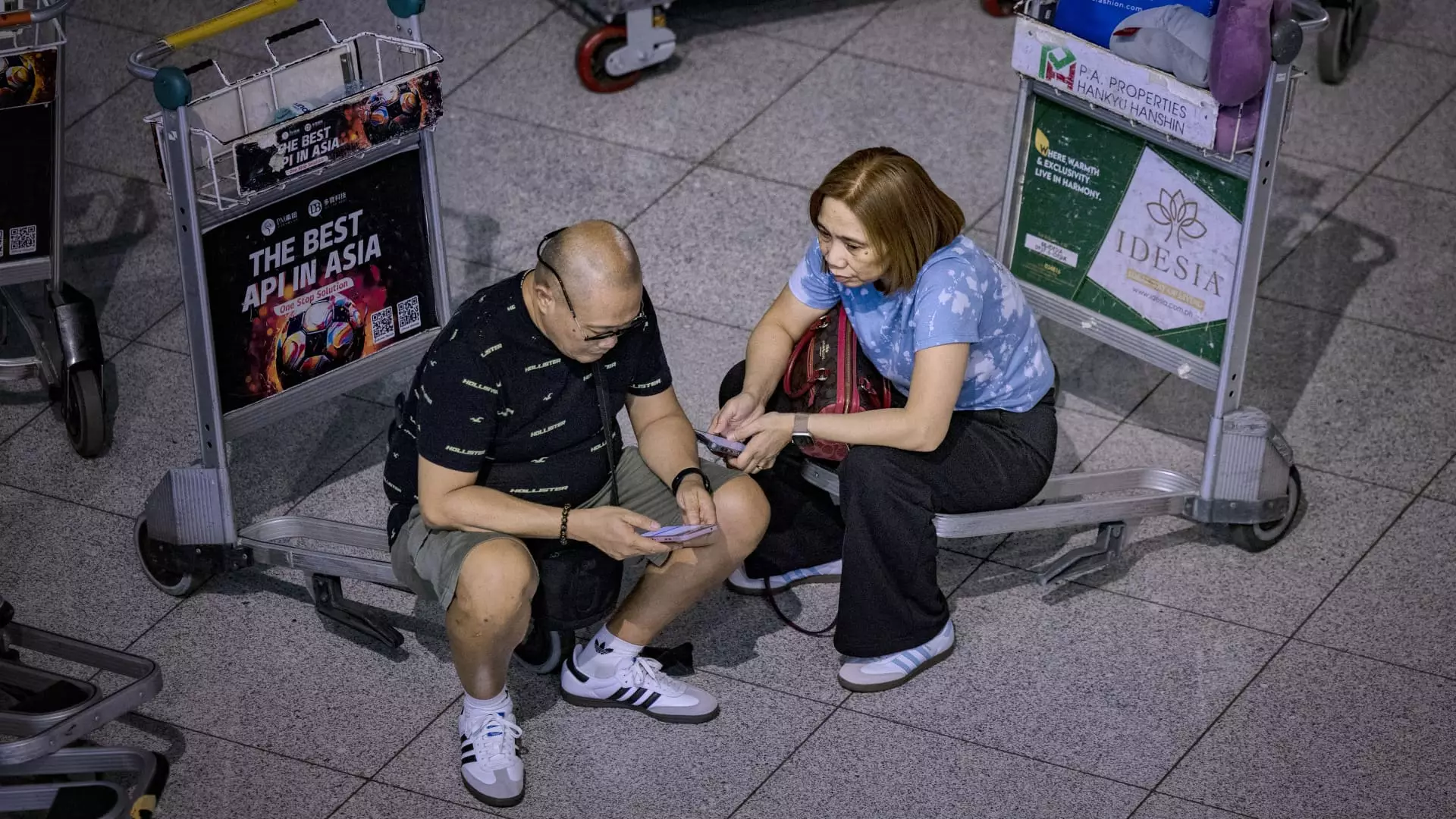The recent unprecedented IT outage caused chaos across the world, impacting various sectors, with the aviation industry bearing a significant brunt of the disruption. This outage, linked to a tech update by cybersecurity giant CrowdStrike, led to major airlines halting flights and facing severe delays.
Airlines across Europe, the Middle East, the Americas, and Asia were forced to suspend operations and issue updates about the extent of the impact on their flight schedules. Passengers were left stranded as flights were canceled or delayed, with many advised to check their flight statuses regularly for updates.
Among the worst affected were airlines like KLM, which had to suspend “most” operations due to the outage, making it impossible to handle flights. Partners like Air France faced disruptions, while German airlines Eurowings canceled domestic and U.K. flights. Swiss air navigation services reduced transit traffic capacity by 30% as a precaution.
Passenger Experience
Passengers like Colby Black faced uncertainty and long waits, with flight departure times fluctuating between boarding passes and airport boards. The disruptions caused frustration and exhaustion for many travelers, who sought solace in understanding that such incidents are unfortunately inevitable at times.
Operational Challenges
Major airports like Gatwick and Heathrow in London utilized backup systems to continue operations, but delays were expected due to issues with check-in systems, baggage, and security processes. Self-check-in systems at airports in Taiwan and Singapore were affected, leading to manual management of check-in processes.
The IT outage had a global reach, affecting airlines and airports in various countries. While some carriers were able to resume operations with minimal disruptions, others faced significant challenges due to the outage. The aviation industry’s busiest day of the year saw a record number of cancellations and delays, causing inconvenience to passengers worldwide.
The recent IT outage highlights the vulnerability of the modern aviation industry to technology disruptions. The need for robust and resilient IT systems is paramount to ensure the seamless operation of airlines and airports in the face of unforeseen challenges. As technology continues to play a crucial role in aviation, industry players must invest in contingency plans and disaster recovery measures to mitigate the impact of such incidents in the future.

Leave a Reply